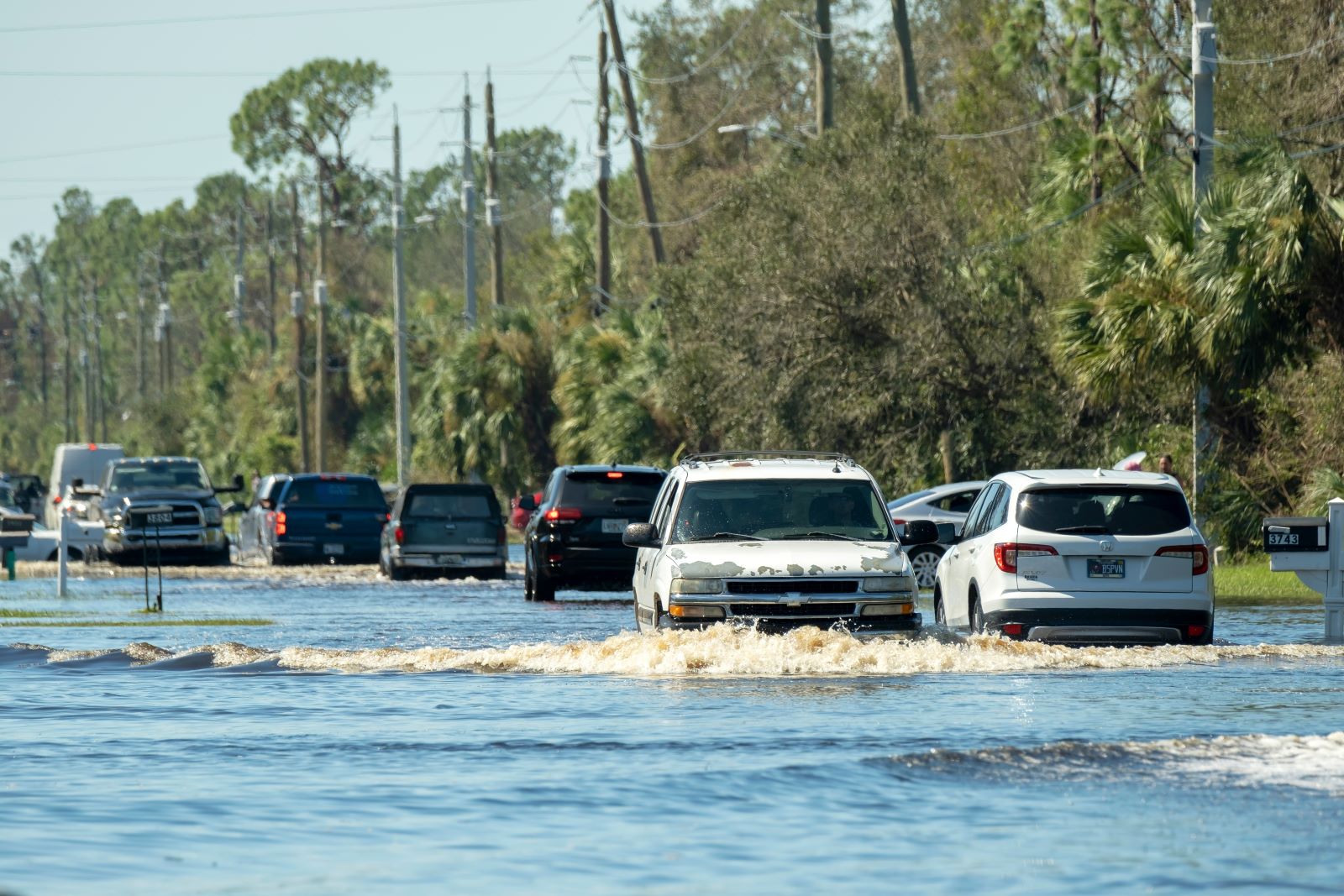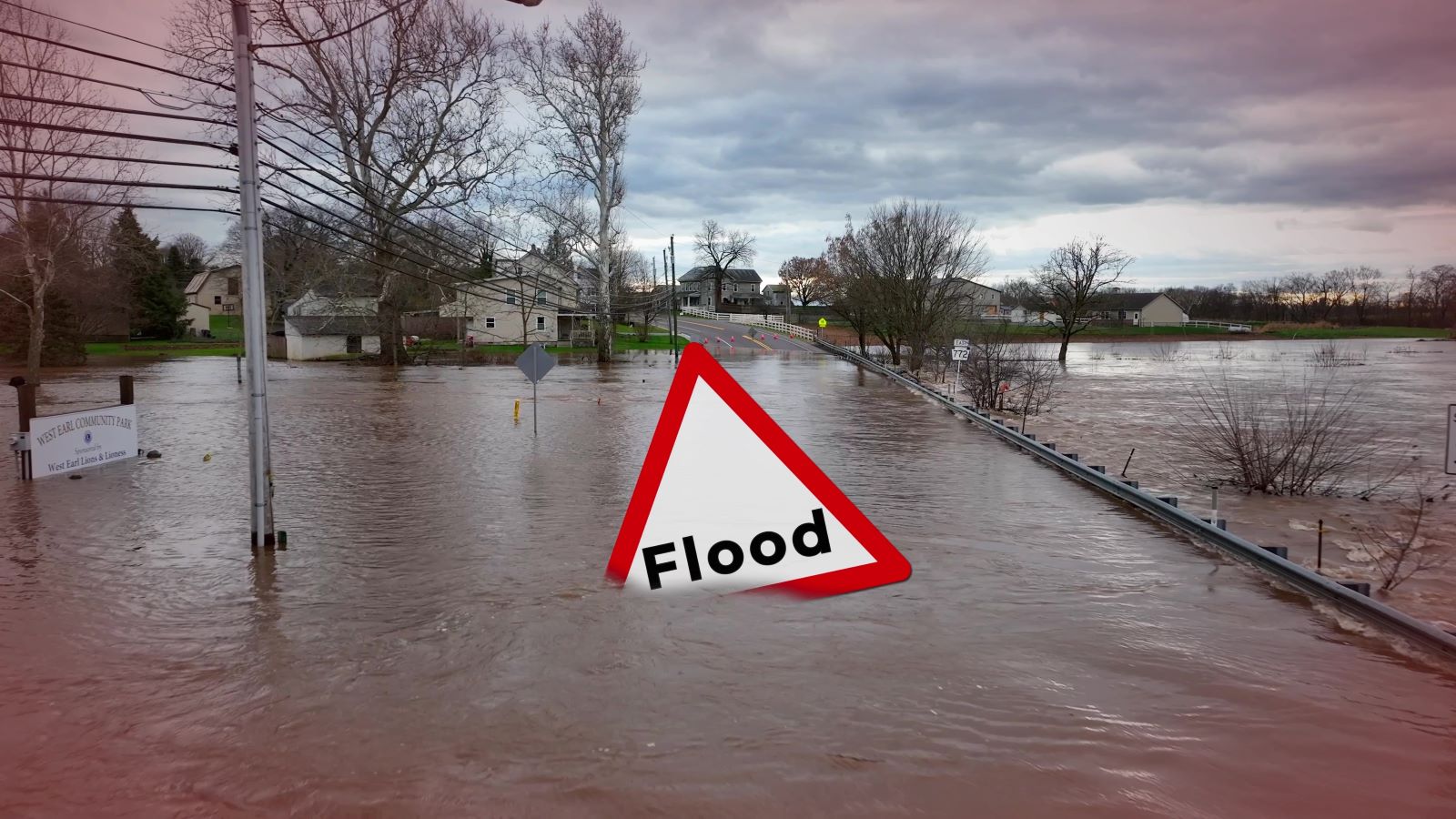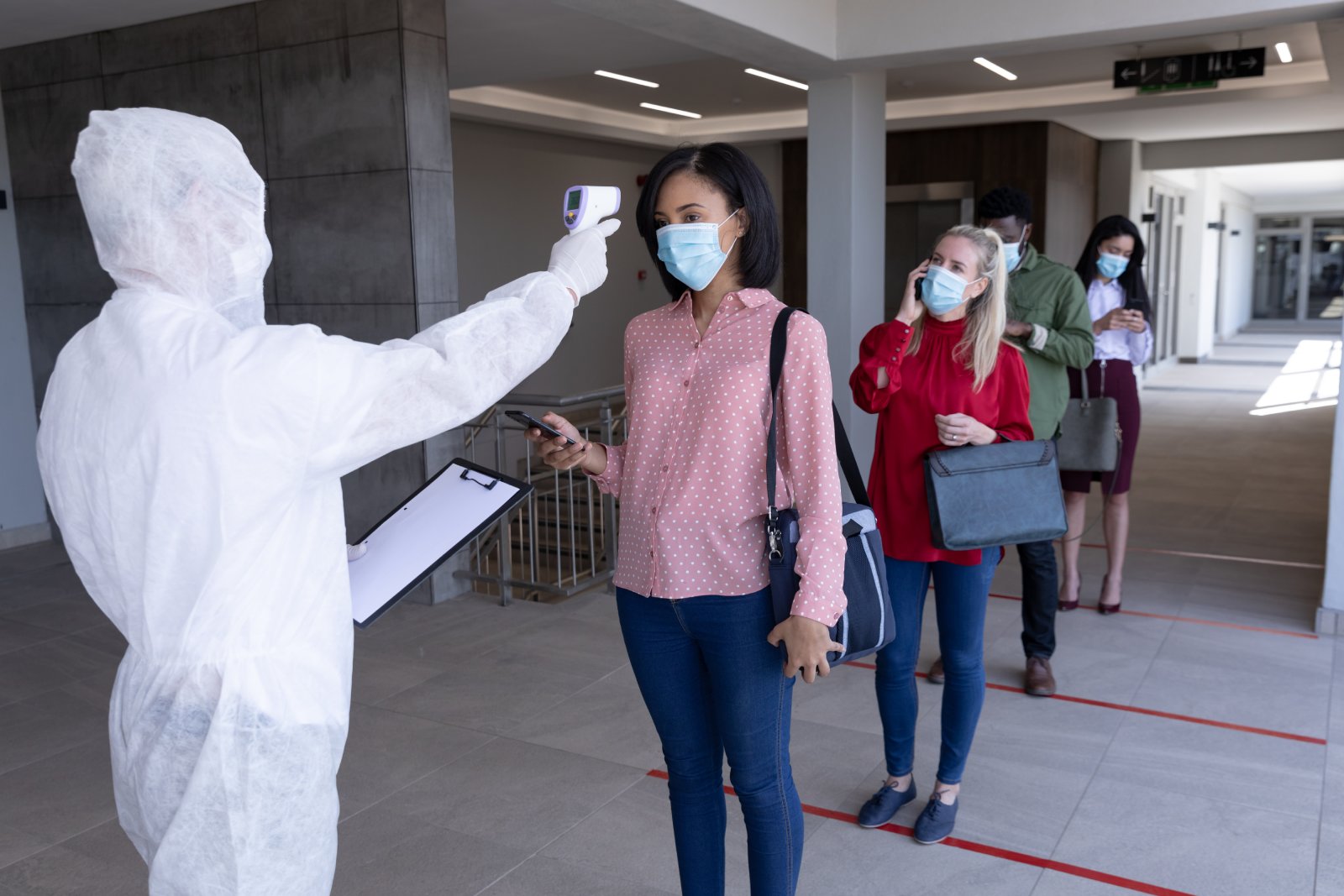As if rising temperatures weren’t enough, studies are showing that climate change is helping to promote antimicrobial resistance, which could render our medicines useless.
Our Problems Are Warming Up

Image Credit: Shutterstock / Marc Bruxelle
Thanks to climate change, the extreme heat that is sizzling up the United States is expected to bring even hotter summers in the future.
However, heat-related illnesses and runaway wildfires are just some of the problems that the high heat is bringing.
Climate Change to Blame

Image Credit: Shutterstock / Bilanol
It has been found that factors contributing to climate change are also helping along the spread of antibiotic-resistant “superbugs” that are seemingly immune to our medicines.
To make matters worse, higher temperatures, more flooding, rising pollution, and an increase in population crowding are all expected to fuel current bacterial resistance to drugs.
Fighting Bacteria

Image Credit: Shutterstock / 18percentgrey
With climate change seemingly ramping up and high temperatures occurring more frequently across the globe, international efforts to combat antimicrobial resistance (AMR) by developing new medication are becoming more urgent.
To Be Discussed

Image Credit: Shutterstock / Salivanchuk Semen
This also means that when governments gather in September for the UN General Assembly to discuss ways to fight AMR, climate change will undoubtedly be on the topic list.
Big Risks

Image Credit: Shutterstock / Frame Stock Footage
Anthony McDonnell, a senior policy analyst at the Center for Global Development in Washington, says, “There are currently no good estimates of how much worse climate-related disasters will make the burden of resistance — but it is clear that the risks are very large.”
He added, “This area requires far more research to enable us to determine the tools needed to deal with this worrying inevitably.”
AM What?

Image Credit: Shutterstock / Saiful52
Antimicrobial resistance, or AMR, refers to bacteria, viruses, parasites, and other pathogens that evolve over time, developing the ability to resist medications developed to fight them.
The evolution in itself is a natural response, yet climate change is helping the process along.
Ideal Environment

Image Credit: Shutterstock / Owlie Productions
As climate change is providing comfy conditions for pathogens to grow and spread, the scattering of these superbugs is fast-tracked.
Blame the Heat… Again

Image Credit: Shutterstock / Bartolomiej Pietrzyk
The rising temperatures may result in higher rates of bacterial and viral reproduction, expand the variety of environments conducive to pathogens, and facilitate gene exchange between bacteria.
Are Diseases Winning?

Image Credit: Shutterstock / D’Action Images
The result? Stronger strains of antibiotic-resistant microbes!
In due time, it is believed that even the most common infections will become harder to treat, upping the risk of spreading diseases, severe illness, and even death.
WHO Says What?

Image Credit: Shutterstock / pics five
Examining the current rate, the World Health Organization estimates that, by 2050, the direct death count due to AMR will rise to about 10 million people every year.
It’s Already Active

Image Credit: Shutterstock / Gorodenkoff
As per a 2022 study, AMR contributed to nearly 5 million deaths across the world in 2019 and can be held directly responsible for over a quarter of them – more than 1,250,000 lives lost.
And the Costs

Image Credit: Shutterstock / DnDavis
By 2050, AMR can result in $1tn extra annual healthcare costs.
In addition, it could also lead to $1tn to $3.4tn gross domestic product losses annually as soon as 2030, according to estimations by the World Bank.
AMR Aiming at Whom?

Image Credit: Shutterstock / Crovik Media
Lower- and middle-income countries – the same ones that are more vulnerable to the effects of climate change, such as flooding – are also more at risk when it comes to AMR infections.
Typhoid Triumphing?

Image Credit: Shutterstock / Zhuravlev Andrey
As per a study published in The Lancet Global Health journal in February, anti-microbial resistance to enteric fever (the waterborne disease that is better known as typhoid) has increased over the past 30 years in 75 countries where it is endemic.
Beware of Superbugs

Image Credit: Shutterstock / Microgen
Other studies agree with the findings.
A report titled “Bracing for Superbugs” published last year by the UN Environment Program, states that, “The climate crisis has numerous impacts on ecosystems, human health, animal health, and food production, which also affect AMR.”
A Problem for Mankind

Image Credit: Shutterstock / New Africa
England’s former chief medical officer, Dame Sally Davies, has also said that the increase of superbugs immune to antibiotics poses a more dangerous risk to humanity than climate change.
Worse Than Covid?

Image Credit: Shutterstock / wavebreakmedia
Davies, who is now the UK’s special envoy on antimicrobial resistance, said that the increase in infections caused by bacteria, viruses, fungi, and parasites that can no longer be fought with available medication will “make some of Covid look minor” and is a “more acute” issue than global warming.
More Work Needed

Image Credit: Shutterstock / Gorodenkoff
To stay ahead of evolving pathogens, investment in research and innovation must be emphasized. Unfortunately, our current efforts are not enough to keep pace.
As per the World Health Organization, there are currently fewer than 100 active antibacterial therapies. Compare that to the number of clinical trials for cancer treatments currently in the pipeline, which is more than 6,500.
An Expensive Undertaking

Image Credit: Shutterstock / Valeri Luzina
The main hurdle causing us to lose our race against the ever-evolving bacteria? The expenses – to steer a new antibiotic through clinical trials will cost nearly $1 billion.
What’s the Plan?

Image Credit: Shutterstock / Panchenko Vladimir
To successfully combat AMR, a comprehensive strategy involving scientific advancements, policy changes, and international cooperation is essential.
By prioritizing both climate change and AMR with the required urgency and resources, public health can be safeguarded to ensure a better, healthier tomorrow for everyone.
Oil Dumping Scandal Rocks Ships Heading to New Orleans

Image Credit: Shutterstock / Aerial-motion
Two shipping companies have been fined after knowingly hiding a large oil spill in the Atlantic Ocean. Oil Dumping Scandal Rocks Ships Heading to New Orleans
20 Eye-Opening Realities Facing Retiring Baby Boomers

Image Credit: Shutterstock / Jack Frog
As Baby Boomers approach retirement, the promise of leisure and security often seems unattainable. This generation faces unique challenges that could redefine retirement. Here’s a stark look at the realities shaping their outlook. 20 Eye-Opening Realities Facing Retiring Baby Boomers
Retail Apocalypse: Massive Closures Sweep Across U.S. Brands

Image Credit: Shutterstock / Tada Images
Stores across the U.S. are closing at unprecedented levels, according to new research from advisory firm Coresight Research. Read on for more information about the impact this could have on you and your communities. Retail Apocalypse: Massive Closures Sweep Across U.S. Brands
Featured Image Credit: Shutterstock / Ryan DeBerardinis.


